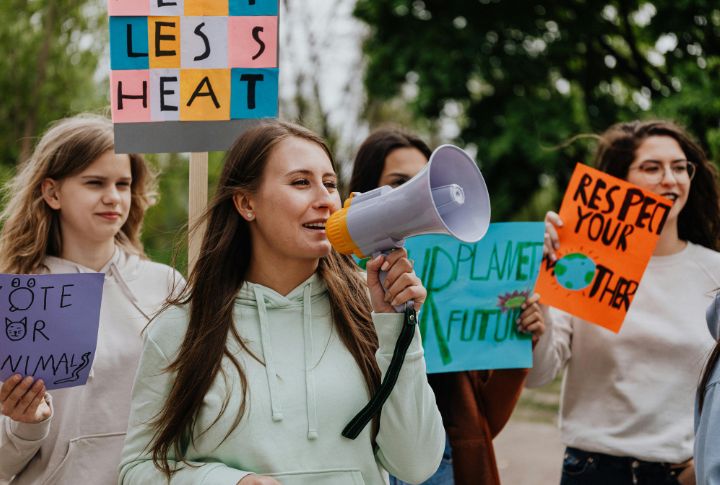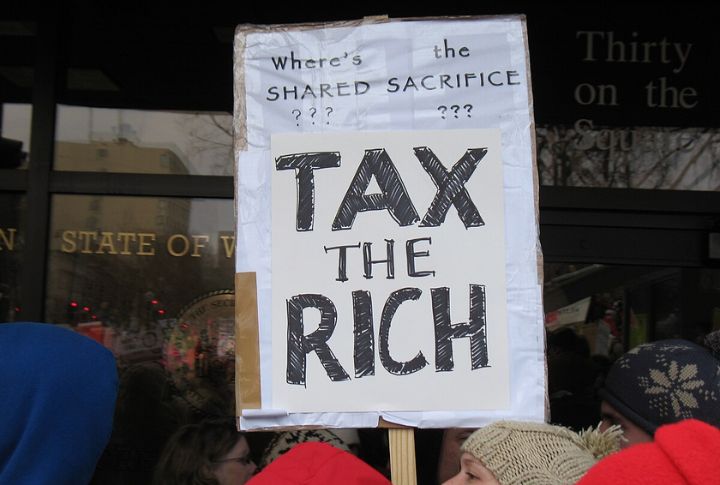
Boomers came of age in a time of rising opportunity, but now they’re facing rising criticism. As younger generations grapple with economic strain, climate urgency, and shifting values, a new narrative is taking shape. The word “selfish” keeps coming up for the older generation, and it’s not just online noise. Find out what’s behind the growing divide? The full picture starts here.
Boomer’s Delayed Retirement Frustrates Youth

Senior executives are staying in their roles well beyond the usual retirement age, often into their seventies, which creates a major bottleneck in the corporate ladder. As a result, mid-career professionals face deep frustration, watching their expected rise to leadership stall because these top positions remain occupied for years.
Housing Wealth Hoarding Sparks Backlash From Younger Buyers

A large portion of older homeowners keep multiple residences, yet avoid sales or downsizing. Limited property availability drives costs higher for new buyers. This is one of the reasons why younger families find homeownership out of reach, and it creates widespread resentment over equity and fairness.
Healthcare Consumption High Use Without Policy Reform

Gen Z faces rising insurance premiums and limited access—signs of heavy usage and outdated policies. At the same time, an aging population increases demand for complex and costly health services, which adds pressure to an already strained system. Political resistance still blocks meaningful funding reforms and leaves the burden unresolved.
Mental Health Mockery Attitudes

Social media has become a key stage for this clash of values. Many viral videos expose how some Boomers mock or belittle the idea of seeking therapy or expressing emotional struggles. Phrases like “back in my day, we just got on with it” or “stop being so sensitive” reflect a dismissive stance toward mental health challenges.
Digital Workplace Friction Highlights Boomer’s Reluctance To Adapt

There is a constant need for basic tech fixes in order to boost collective productivity and fuel noticeable workplace annoyance. However, certain older employees struggle to adapt to modern software and digital communication platforms. As a result, many a time upgrades halt or stall in the workplace.
Boomer Opposition To Universal Childcare Provokes Policy Backlash

Families with young children face steep expenses and limited access to childcare, making each day a challenge. Coordinated political opposition from influential groups has stalled national universal childcare programs. These barriers generate deep frustration among parents striving to balance professional and family responsibilities.
Climate Migration Denial Sparks Activist-Led Criticism

Ignoring potential migration crises has led to campaigns pushing for global coordination and better resettlement infrastructure. Many senior leaders publicly downplay how climate change drives displacement. Despite this, youth-led activism continues to push for strong, proactive measures to prevent these problems before they escalate.
Boomer-Led Institutions Face Protest Over Systemic Inequality

Public campaigns are increasingly calling out major organizations led by older generations for ignoring deep-rooted social issues. Protesters push for urgent policy changes that hold them accountable. These efforts directly challenge institutional power and call for fresh leadership and meaningful reform.
Progressive Tax Resistance Deepens Economic Generational Divide

Older generations often vote against wealth redistribution measures, such as higher taxes on the super-rich. Their persistent opposition stalls policies designed to promote fiscal fairness. Younger generations see this deadlock as a key reason why economic inequality continues to affect people across all age groups.
Student Debt Neglect Blamed On Boomer Voting Patterns

Similarly, older citizens’ consistent voting patterns strongly shape which policies elected officials prioritize. As a result, student debt relief has faced persistent political gridlock. Younger borrowers link the direct connection between the huge, ongoing costs of their education and the policy focus driven by the senior electorate.

